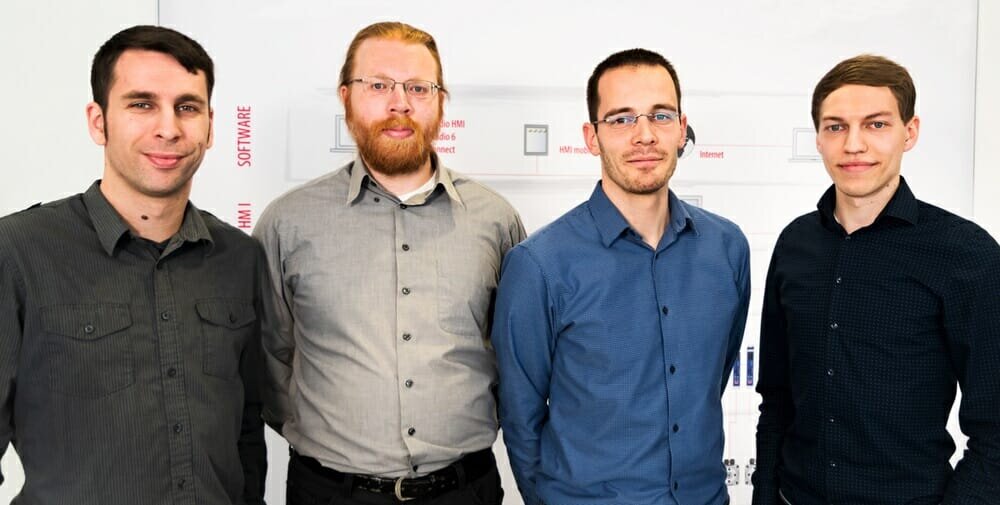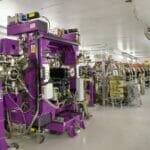What will the digital twin look like in the automation of the future and what role will drive technologies play in this? Dominik Follmann, head of the ‘Technical Infrastructure for Digital Twins’ (TeDZ) project at KEB Automation, provides his views.
Today, many companies are talking about the ‘digital twin’ but a concrete definition is still very inconsistent. As a result, digital twins from different manufacturers often do not have the necessary interoperability to use them together.
In its simplest form, a digital twin is a virtual model of a process, product or service. This pairing of the physical and digital worlds enables better analysis of data and improved monitoring of systems to prevent problems before they occur, minimise downtime, develop new opportunities and even plan for the future using simulation models.
In the TeDZ project, KEB is searching for possible savings potential and how these can be achieved and made available. KEB’s aim is to provide its customers, and their customers, with easy access to the digital twin and on this basis generate significant added-value for everyone.
In the pilot project “Digital Energetic Twin” (DeZ), a sub-project of TeDZ, KEB is researching the different facets of digital twins. In particular, the focus is on the energy-related aspects, for example, an ideal energy efficient design and the optimisation of energy consumption.
With the help of simulation models, KEB also intends to offer its customers the possibility of simulating the behaviour of a machine or plant. This could, for example, involve simulating the behaviour of a drive axis as realistically as possible during the planning phase. In this way, the energy consumption of a drive axis at certain operating points can be precisely predetermined. The models also enable customers to develop and test large parts of the machine control system even before actual commissioning has occurred. This so-called ‘virtual commissioning’ offers significant savings potential, such as time and cost savings during real commissioning later, as well as quality improvements and process reliability through error simulations.
The role of predictive maintenance and condition monitoring
KEB is also concerned with communications and appropriate definition of the semantics for dynamic data, i.e. data that can be acquired from the products at runtime. Due to their sensors and built-in intelligence, drive controllers can provide lots of useful information here, for example, for condition monitoring and predictive maintenance purposes. The aim is to provide product information such as engineering data or simulation models. This information can also be enhanced with additional data recorded during operation – as a digital representation of KEB products. Standardised access to all this information via an ‘administration shell’ simplifies the integration of the components for customers. This brings advantages throughout the entire product lifecycle, from planning, engineering and commissioning, to servicing and replacement.
KEB is gaining lots of experience in dealing with the technologies mentioned. Working together on the project enables the KEB team and its project partners to develop the technologies themselves and to test these in realistic scenarios in order to finally develop the results into market-ready solutions. The direct exchange and cooperation with other companies, as well as university and research institutions, makes it possible to “think outside the box” and also ensures that KEB has a comprehensive view during technical implementation. This provides KEB with the opportunity to reflect the results of its work back through various standardisation committees, so that the users of its products and solutions are guaranteed the broadest possible interoperability later on.
For more information, please visit www.keb.co.uk





